They say you miss half of your life if you haven’t gone on those weekend fishing escapades with your dad, brother, son, best pals, or all of the above. And they’ve got a point—there’s thrill and relaxation happening at the same time, and the memories are so precious, you sort of want to bottle everything up and save them forever.
That’s probably the reason why a lot of us are so into aquariums. The vibrant colors popping in that underwater world take us into an instant time travel to those good old fishing memories. But if the hobby still feels like unfamiliar territory, you might be wondering which is the better option in the showdown: freshwater vs saltwater fish tanks.
However, both are great options, and it’s impossible to say that one is better than the other overall. It’s more like one is a better option if you have this certain lifestyle, level of experience, budget, personal favorites, and aesthetic, etc. Also, it’s definitely more than just classifying yourself as a river person or an ocean child. That said, let’s weigh saltwater or freshwater aquarium pros & cons here.
Table of Contents
Freshwater Aquarium—a Popular Choice
Whether for home or office use, freshwater aquariums are a popular option. They’re easy to maintain and beginner-friendly. The water is kept at a low salinity level with temperatures ranging from 60 to 75°F for a cold-water aquarium and 75-80°F for a tropical freshwater aquarium, and it only needs to be treated with a good dechlorinate. If you don’t want to splurge, but you truly enjoy this hobby, building and maintaining a freshwater aquarium will be the perfect choice because it’s budget-friendlier than saltwater tanks. A sturdy fish tank, a quality filter, air stone, thermometer, and air stone are just some of the basic equipment required.
Despite it being inexpensive, you still won’t run short of options when it comes to choosing your freshwater inhabitants. There’s the classic, lovely, and popular but never old goldfish and koi. Other options to explore include betta/Siamese fighter fish, mollies, swordtails, tetras, danios, corydoras, African cichlid, rasboras, and apple snails. It can even house shrimp! Why not, they’re not only found in the sea—there are freshwater variants, too.
Artificial decorations like coral replicas can be used too. This offers a very cost-effective solution to decorating your aquarium and is available in a variety of colors, species, and sizes.
Freshwater Tank Pros:
· Best for beginners and busy individuals. It’s easier to maintain than a saltwater aquarium.
· Inexpensive. There’s less equipment required, and it doesn’t even need real underwater flora. Faux plants are perfectly fine.
· Flexible size options. Marine fishes are usually bigger than their freshwater pals, which would of course require a bigger tank. If you have a small space, then you can opt for an apartment-friendly freshwater aquarium.
Freshwater Tank Cons:
· Needs frequent water testing
· You might need to watch the inhabitants closely as freshwater fishes are susceptible to various diseases
Weigh your options: Read more about the three basic types of aquariums here.
Saltwater Aquarium—for Aquarists Up for Challenge
Think of a saltwater aquarium as a reward for the ocean child who has gained some experience in the hobby. You don’t need to be a walking, talking encyclopedia of aquarium stuff and marine life, but you need to be knowledgeable at least.
If you love to nerd out about it, then, it’s even better. As mentioned, between the two, a saltwater aquarium needs more tending and maintenance, so it’s usually not recommended for novice aquarists. But if you have some knowledgeable people to back you up as you learn along the way, then go for it, especially if you’re passionate about the colorful diversity of marine creatures. If you’ve got a bunch of options in the freshwater category, there’s certainly a larger wealth of inhabitant choices to explore for a saltwater tank.
While a freshwater tank only requires a de-chlorinator, a saltwater aquarium needs a dechlorinator plus aquarium salt. Needless to say, you need to check on that salinity level as closely as possible. Otherwise, your saltwater inhabitants that can’t survive in a freshwater environment might not be in their best shape and health. In addition, water temperatures should be maintained somewhere between 75 to 78 degrees Fahrenheit as marine fish love warmer climates.
What equipment is needed? You’ll need to buy a large, durable, and spacious fish tank, aquarium salt, hydrometer, powerhead, live substrate and rock, heater, thermometer; air pump; large air stones, filtration equipment that’s able to filter up to five times more than the tanks water volume, and a test kit. You ‘ve got to save up a huge chunk of your budget for all of these!
On the more exciting side, and less scary than the budget topic, feel free to choose among tangs, anthias, angelfish, clownfish, hogfish, rabbitfish, and more for your saltwater inhabitants. And if you’re feeling extra adventurous, you’ll be excited to give those lobsters, sea horses, and marine crabs a beautiful, vibrant home!
Saltwater Aquarium Pros:
· A wealth of marine creatures to choose from. From colorful fishes both small and incredibly large to amazing crustaceans, you can take a speck of ocean life to your home!
· Level up your knowledge and experience. If you wish to take your aquarium hobby to the next level, having a saltwater tank would be a great opportunity. Maintaining a saltwater aquarium requires meticulous attention and specialized knowledge for its unique challenges, so if you’re up for this, it’s about time!
· Perfect for a spacious home. Because saltwater tanks usually need a larger space, why not make the most of your huge, spacious home? It will definitely add an interesting depth of story to your home’s overall aesthetic.
Saltwater Aquarium Cons:
· Expensive. There’s a longer list of equipment required, and they don’t come cheap. You need to build a larger, sturdier tank, which will of course incur larger costs.
· It may be difficult to source your preferred sea creatures. You need access to a larger aquarium supplier that can offer you a huge variety of options, plus the maintenance supply and equipment needed. Also, the tank needs to be reefed, unlike freshwater aquariums that can thrive with artificial plants and décor. Setting that up may likely require professional experience.
· Not suitable for novice aquarists. There are a lot of environmental factors to monitor closely. If you’re too busy to pay attention to that, or not knowledgeable enough, the upfront costs of building that expensive aquarium might go to waste due to some beginner’s mistakes.
Which is Best for Your Home?
We’ve weighed the differences. Freshwater vs saltwater—which is best for your home? To recap the main points, if you’re a beginner aquarist, it is recommended to start with a freshwater aquarium because it’s easier and simpler to maintain, it’s budget-friendlier, and you’ll surely find a lot of suppliers.
Once you’ve gained some knowledge and experience, and you’re truly passionate about the hobby, you might want to challenge yourself and take the hobby to a whole new level by building a saltwater aquarium. That is if you welcome the idea of splurging a bit more. Even so, you’ll surely love the diversity of marine life that you can find there.
And if you have the luxury of home space, go ahead and opt for that saltwater tank of your dreams.
We hope that by knowing the important factors discussed above, we can help make the selection journey easier for you!
Can’t decide on which aquarium you need to select? Our team of artists and aquarium specialists will guide you through the process and help you design a beautiful and functional habitat perfectly suited to your space and budget.
Get in touch with us today. Call our team at 754-212-2879 or message us here for a FREE consultation with our aquarium experts.
Download Now: How to Clean a Freshwater Fish Tank Aquarium Infographic Here
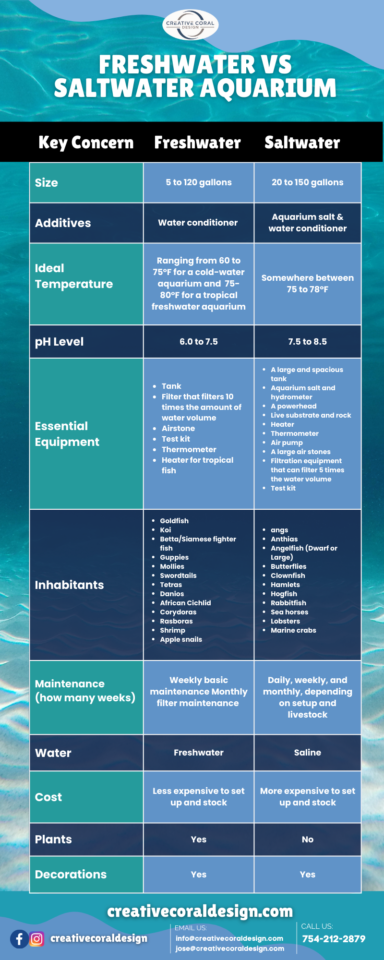


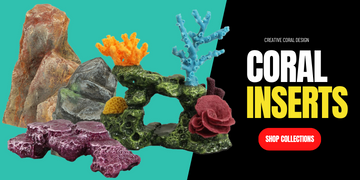

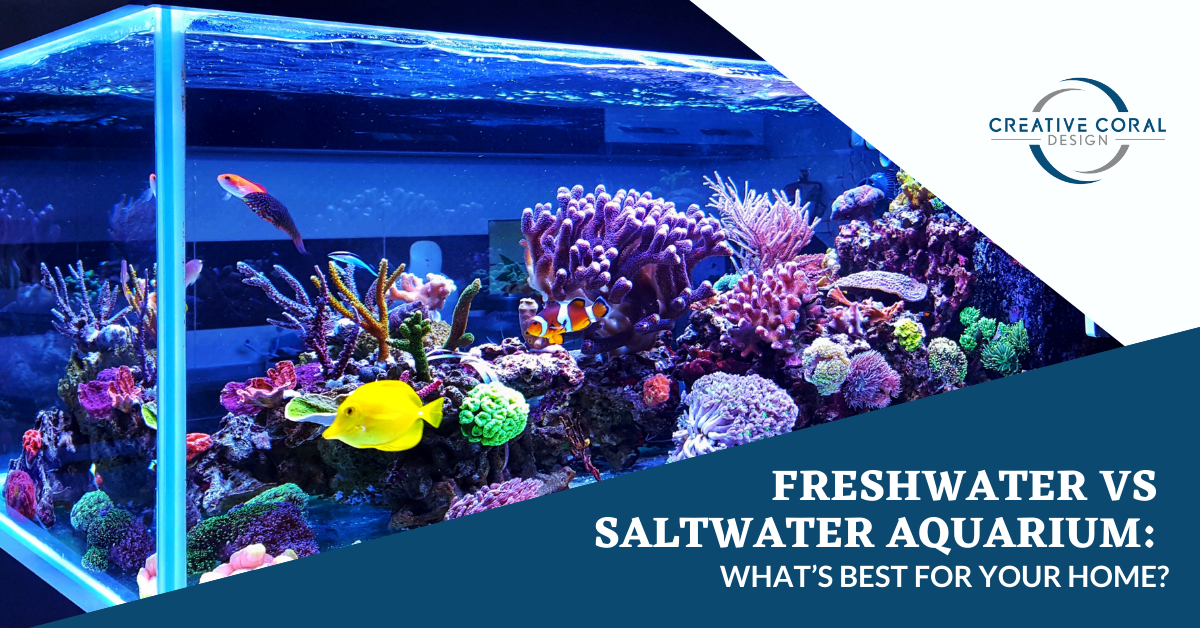
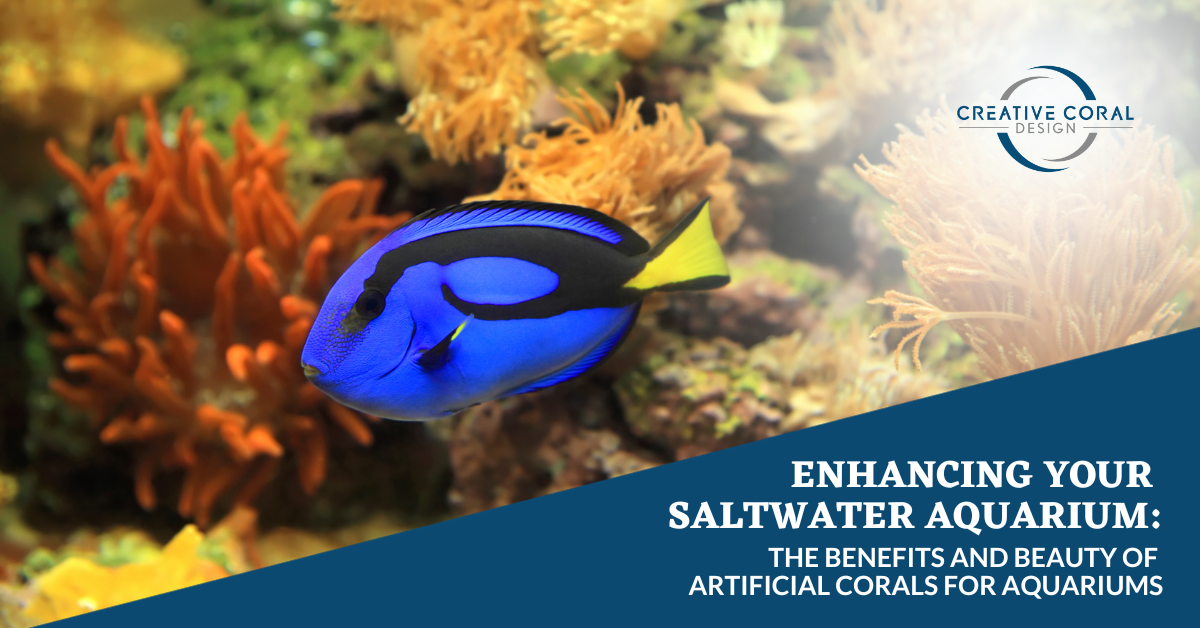

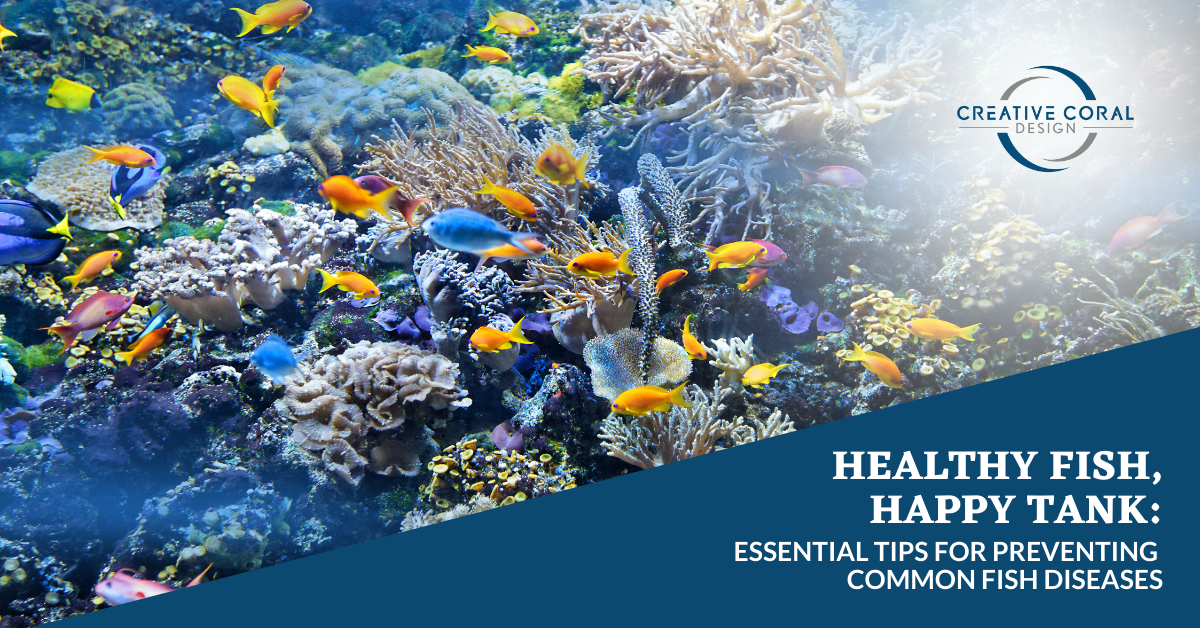


[…] Freshwater vs Saltwater Aquarium: What’s Best for Your Home? […]